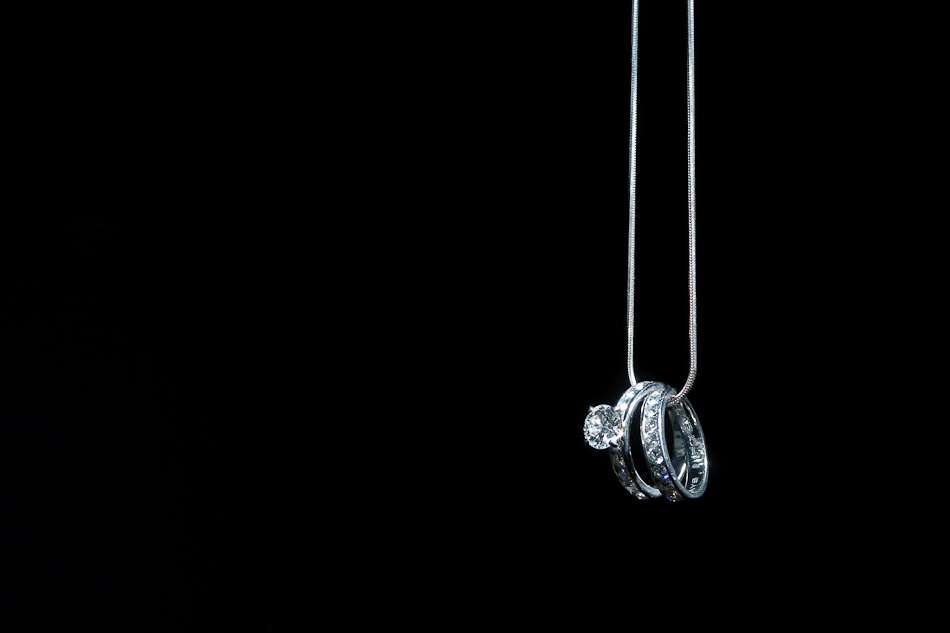
I have been interviewed by countless couples and families seeking a photographer for their wedding or family portraits. In general, everyone asks good questions. However, some of the most important are often left out. If the questions go unasked, I try to bring up the information anyhow.
So, let’s say you found a few photographers and you really like their style. Now its time to contact them and discuss your needs. Make sure to touch on the questions below. This will help to ensure you get a good value for your money. A good wedding photographer or portrait photographer will be able to adeptly answer each question.
- Do you have references we can contact?
This question is important for any contractor you hire. If the photographer stumbles for a second, you should be concerned. The answer should always be “Yes, I can provide a list.” Any other answer should be concerning. - Can I see a full wedding or portrait set?
This is important. Most people can collect a few good photos with time. However, you want someone who can reliably produce a good set just for you. We warned if they say no. If they happily provide a set, don’t expect every image to be stunning. Look for good photography throughout and a few stunning photos. - Are you insured?
This may seem simple and inconsequential, but it is important. First, if something go wrong, then you know the photographer has liability insurance. More importantly, it usually means the photographer is serious about their craft and business. Amateurs and beginners are rarely insured. Take it as a sign of professionalism. - Can I see your gear?
Its a fact, photographers are usually gear-heads. They’re happy to show off their equipment. What should you be looking for? Don’t focus on the brand, model, or the size of the camera. You are looking for how many cameras and lenses they have, especially if the service is for a wedding. Gear fails all the time. You want a photographer than has back-up equipment in case something breaks. After all, the photographer cannot re-shoot the wedding if gear fails. As an example, I have three cameras, 5 lenses, multiple flashes, and many studio strobes. I bring everything to any shoot just in case something fails. - Who does your printing?
How the final prints are produced is just as important as style and equipment. Wal-mart, Costco, and drug stores might produce a nice print. However, no one beats a professional photography lab. For example, I use Miller’s Lab. While it is more rare, some photographers also produce their own prints. Select a photographer who uses a pro lab or produces their own prints. Once you receive the prints, you will notice a difference. - How do you store images?
Like having back-up gear, how the photographer stores images is critically important. Again, and wedding cannot be shot a second time. I shoot images on small memory cards. If one card should fail, I only lose a few images. I then store copies on my computer, my back-up drive, upload them to off-site storage, and make a DVD copy. You should look for a photographer that is very serious about back-ups and data security. - JPEG or RAW?
For most people, this question is meaningless. However, it is important. For most photographers, this question is a guaranteed way to start a serious argument. Many will argue that shooting in JPEG file format is no different than shooting in RAW, so they choose JPEG because the files are smaller. I am in the other camp and you should be too. To put it simply, RAW files are more flexible, allow for more creative control, and allow for more fixes. Try to find a photographer that agrees. However, this is not a deal breaker. The wonderful photographer who shot my wedding did so in JPEG and I was fine with that. - Do I like this person?
Unless you want a funny look, don’t ask this question out loud. Or do, and see what happens. Really, you need to like the photographer as a person. You are going to spend a good amount of time with them. Simply, the photographer should be nice, polite and good humored. Avoid any one who seems frustrated at little things, is constantly late, or unprepared. You are hiring a professional photographer, and should expect professionalism. - What happens if the photographer gets ill?
This is the only question I will raise that should be spelled out in the contract. Expect a good photographer to have a long list of other good photographers that they can call. Expect them to communicate clearly with you should an issue arise. Expect them to stand behind the substitute. I have a list and trust those on it to do the job as well as me, or better. If the substitute costs me more than I am paid, then I eat the difference. It is not your fault I got sick. Oh, you did get a copy of the contract, right?
Speaking of the contract, get a copy and read it over carefully. Look for clear language regarding everything that could go wrong. Then, examine what are the responsibilities of each party should something go wrong. You should feel comfortable to challenge passages in the contract that you do not like or are unclear. Whatever you do, DO NOT book a service without a contract.
Aside from the “advanced questions” above and the contract, just make sure you like the services you are receiving. I let all my wedding photography clients build their own package because I don’t need to sell a particular one. We jointly find services that work for them.
I think you can see from the above, that you get what you pay for. Photography is expensive not because photographers are rich. In fact, it is really hard to make a living at photography. Good photography comes at a price due to expensive gear, insurance, assistants, labs, internet services, and so on. For example, the contents of my camera bag cost well over $12,000, and it only lasts a few years.
As always, feel free to ask me anything you like, even if you are hiring someone else in town. I am happy to help.
